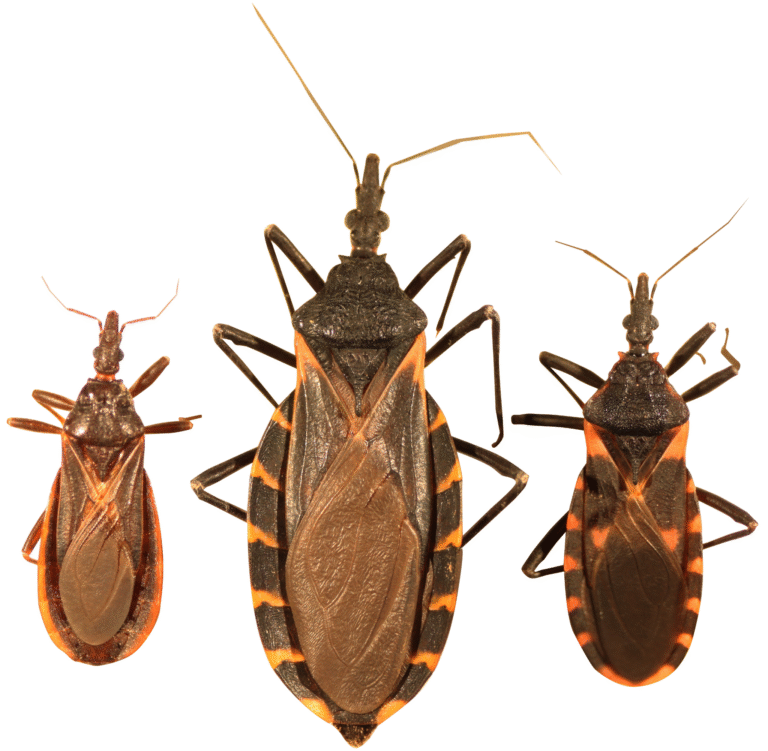
Preface
Magnesium is a vital mineral that plays a part in over 300 biochemical responses in your body. It supports muscle function, maintains a healthy nervous system, and keeps your bones strong. For insectivores, chancing factory-ground sources of magnesium are essential to meet diurnal nutritive conditions without counting on beast products. Thankfully, there are plenitude of magnesium-rich vegan foods to keep you healthy and reenergized. Let’s dive into four amazing options.
1. Spinach, A Leafy Green Magnesium Hustler
Nutritional Profile of Spinach
Spinach isn’t only low in calories but also packed with essential nutrients. A single mug of cooked spinach contains about 157 milligrams of magnesium, roughly 39 of the recommended diurnal input for women and 30 for men. It’s also rich in iron, calcium, and Vitamin K.
Benefits of Spinach for Magnesium Intake
Adding spinach to your diet can help reduce stress, ameliorate muscle function, and regulate blood sugar situations. The magnesium content in spinach is particularly salutary for precluding cramps and fatigue, making it an excellent choice for athletes and fitness suckers.
Ways to Incorporate Spinach into a Vegan Diet
Spinach is incredibly protean. Toss it into a smoothie for a nutrient boost, use it as a base for salads, or sauté it with garlic and olive oil for a quick side dish.
2. Pumpkin Seeds, Bitchy Seeds, Massive Magnesium Boost
Why Pumpkin Seeds Are Rich in Magnesium
Pumpkin seeds are small but potent sources of magnesium. An ounce (28 grams) provides 150 milligrams of magnesium—about 37 percent of the recommended diurnal input. They’re also loaded with zinc, iron, and healthy fats.
Health Benefits of Pumpkin Seeds
Eating pumpkin seeds regularly can help support heart health, ameliorate digestion, and reduce inflammation. Their magnesium content also plays a part in managing anxiety and promoting better sleep.
Tips to Enjoy Pumpkin Seeds Daily
Pumpkin seeds are perfect as a snack. Try riding them with a pinch of swab or spices for a savoury treat, sprinkle them on your breakfast oatmeal, or mix them into vegan energy bars for an on-the-go boost.
3. Almonds A Crunchy Magnesium-Rich Snack
Almonds as a Source of Magnesium
A sprinkle of almonds (about 28 grams) contains 80 milligrams of magnesium, furnishing 20 of your diurnal requirements. In addition to magnesium, almonds are an excellent source of Vitamin E, protein, and healthy fats.
Health Benefits of Almonds
Almonds promote strong bones, thanks to their combination of magnesium and calcium. They also give sustained energy, making them an ideal snack for busy days. The healthy fats in almonds contribute to glowing skin and overall heart health.
Ways to Eat Almonds
Enjoy almonds raw, roasted, or as almond adulation spread on whole-grain chuck. You can also hash them up and sprinkle them over salads, vegan yoghurts, or ignited goods.
4. Avocado A Creamy Magnesium-Rich Superfood
Avocado’s Nutritional Value
Avocados are a nutritive hustler, offering 58 milligrams of magnesium per medium fruit, along with heart-healthy monounsaturated fats. They’re also rich in potassium, which works hand-in-hand with magnesium to support muscle function.
Benefits of Adding Avocado to Your Diet
Avocados are great for heart health and give a steady source of energy due to their healthy fats. They’re also known for their anti-inflammatory properties and capability to promote digestive health.
Delicious Vegan Avocado fashions
From classic guacamole to delicate avocado pasta, the possibilities are endless. Spread avocado on toast, blend it into smoothies, or use it as a base for a factory-grounded dip.
Magnesium and Its Significance in Vegan Diets
Why Magnesium Is Essential
Magnesium is critical for maintaining healthy bones, regulating blood sugar situations, and supporting whims and muscle function. Without it, you may witness symptoms like fatigue, cramps, and poor sleep.
Challenges Insectivores Face in Getting Enough Magnesium
Some vegan diets may warrant diversity, leading to implicit magnesium scarcity. It’s pivotal to include a variety of factory-grounded foods to ensure acceptable input.
How to Maximize Magnesium Immersion
Combining Magnesium-Rich Foods with Other Nutrients
Brace magnesium-rich foods with sources of Vitamin D or calcium for better immersion. For illustration, combine spinach with fortified factory-ground milk.
Life Factors That Affect Magnesium Situations
Inordinate stress, caffeine, and alcohol can deplete magnesium situations. Focus on managing stress and consuming a balanced diet to maintain optimal magnesium situations.
Conclusion
Magnesium is a vital nutrient that’s easy to overlook, but with foods like spinach, pumpkin seeds, almonds, and avocados, insectivores can meet their diurnal requirements painlessly. Incorporate these foods into your reflections to support your overall health and good.
FAQs
- What are the symptoms of magnesium insufficiency?
Common symptoms include muscle cramps, fatigue, irregular twinkles, and anxiety.
2. Can magnesium supplements replace food sources?
While supplements can help, it’s stylish to calculate on whole foods for optimal immersion.
3. How important is magnesium that we need daily?
Grown-ups need around 310–420 milligrams daily, depending on age and gender.
4. Are there any vegan magnesium sources other than the bones mentioned?
Yes, other sources include quinoa, black sap, and chia seeds.
5. Can magnesium help with sleep issues?
Yes, magnesium supports relaxation and can ameliorate sleep quality.







